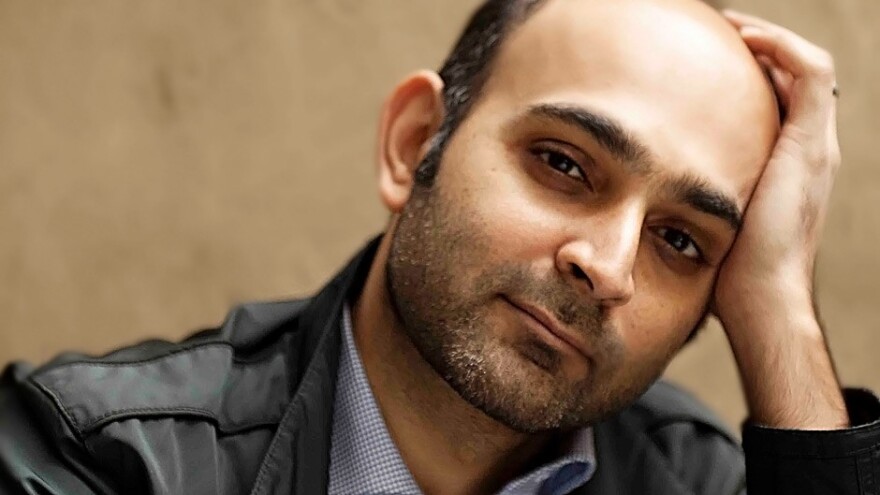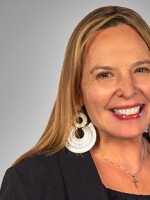ALLENTOWN, Pa. — It was shortly after 9/11 that author Mohsin Hamid began to pay attention to race relations in the United States.
"I had attended prestigious U.S. universities, had a well-paying job, and had been based in cosmopolitan cities," Hamid said. "I didn’t consider race a big factor in my personal life.
"And then I woke up after 9/11 and found people were looking at me very differently. An identity was being imagined onto me by others, and I could do very little about it."
- Author Mohsin Hamid will discuss his 2017 "Exit West" at 7 p.m. Tuesday, April 11, at Muhlenberg College's Miller Forum at Moyer Hall in Allentown
- The event is free
- Following the lecture, Hamid will answer audience questions
Hamid, a British-Pakinstani novelist, who based his latest book, "The Last White Man" on those experiences, will share his thoughts on migration and immigration at 7 p.m. Tuesday, April 11, at Muhlenberg College' Miller Forum in Moyer Hall.
'All of us are migrants through time'
At the free lecture, Hamid will discuss his 2017 bestselling book, "Exit West" as part of the college's Center for Ethic's "Speculative Future" film and author series.
"Exit West" which tells the tragic story of a young couple forced to flee their home because of civil war, was part of a campus-wide reading series and living writers program in the center's ethics, boarders, nationalisms and identities series of 2019.
It follows a common theme found in Hamid's books and essays: race, migration and immigration.
"We all experience loss and a kind of migration. And so, it is possible for us to have greater compassion for each other, if we pause to recognize this similarity between us."Author Mohsin Hamid
"I think it’s useful to try to break down the binary between immigrants and natives," Hamid said. "Regardless of whether we move homes physically, all of us are migrants through time.
"We are born in one period, we wake up every day on a day we have never experienced before, and we grow old in a very different period from our youth.
"We all experience loss and a kind of migration. And so, it is possible for us to have greater compassion for each other, if we pause to recognize this similarity between us."
Following his speech, Hamid will answer audience questions.
Regarding race relations in the United States, Hamid said he remains hopeful.
"I think they can improve," he said. "Partly, it will depend on coming up with an optimistic, genuinely attractive vision of the future. Right now, the future appears frightening to so many, and so they are attracted by visions of the past."


